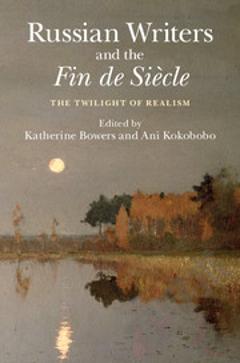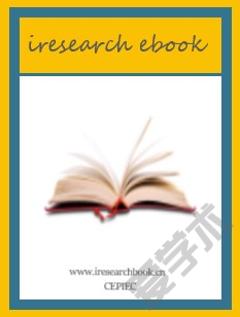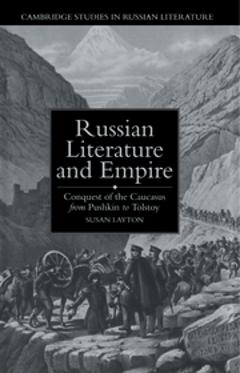Russian Writers and the Fin de Siècle: The Twilight of Realism
Russian literature has a reputation for gloomy texts, especially during the late nineteenth century. This volume argues that a 'fin-de-siècle' mood informed Russian literature long before the chronological end of the nineteenth century, in ways that had significant impact on the development of Russian realism. Some chapters consider ideas more readily associated with fin-de-siècle Europe such as degeneration theory, biodeterminism, Freudian psychoanalysis or apocalypticism, alongside earlier Russian realist texts by writers such as Turgenev, Dostoevsky or Tolstoy. Other chapters explore the changes that realism underwent as modernism emerged, examining later nineteenth-century or early twentieth-century texts in the context of the earlier realist tradition or their own cultural moment. Overall, a team of emerging and established scholars of Russian literature and culture present a wide range of creative and insightful readings that shed new light on later realism in all its manifestations.
{{comment.content}}








 京公网安备 11010802027623号
京公网安备 11010802027623号